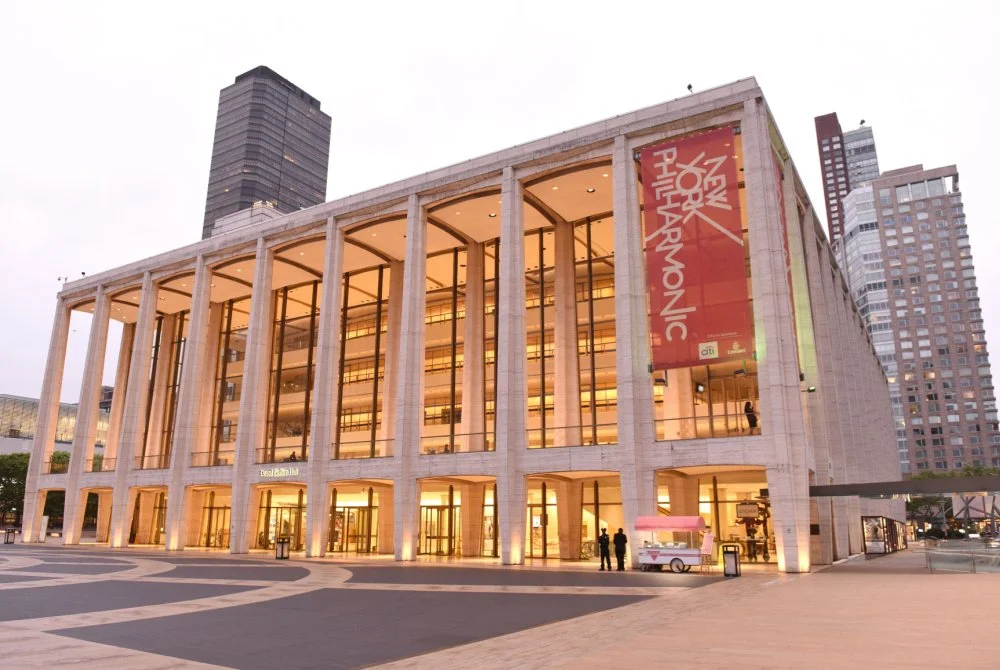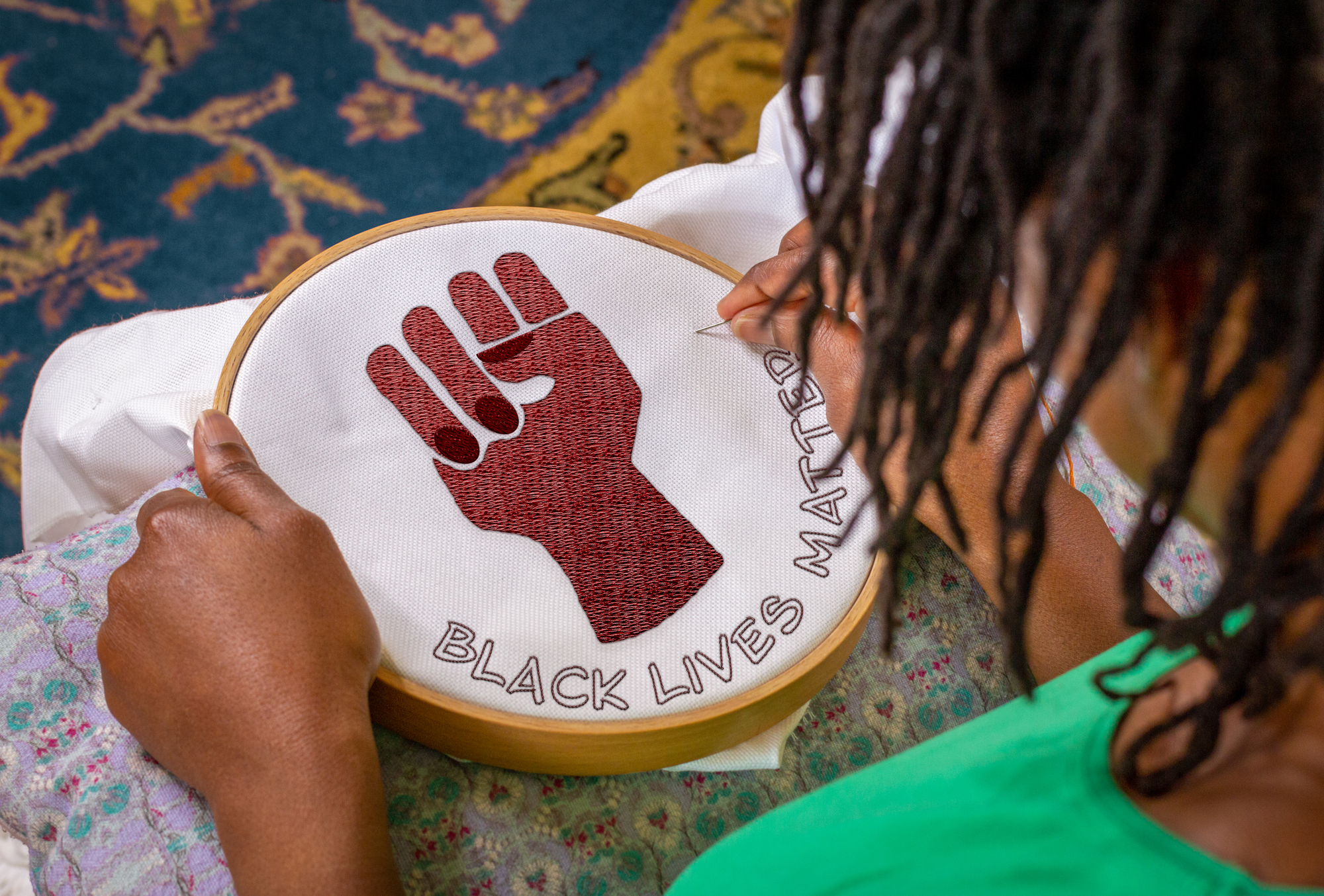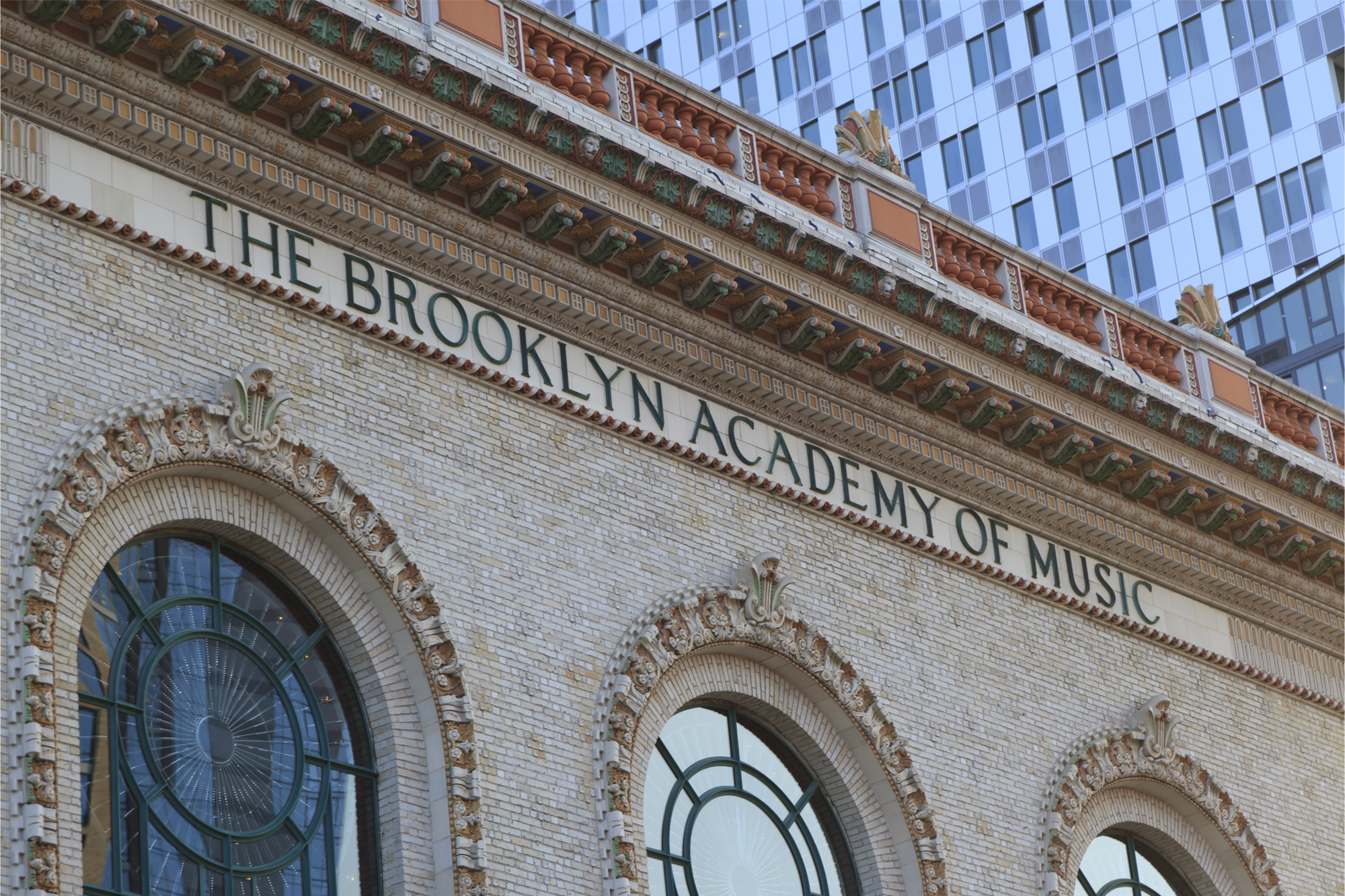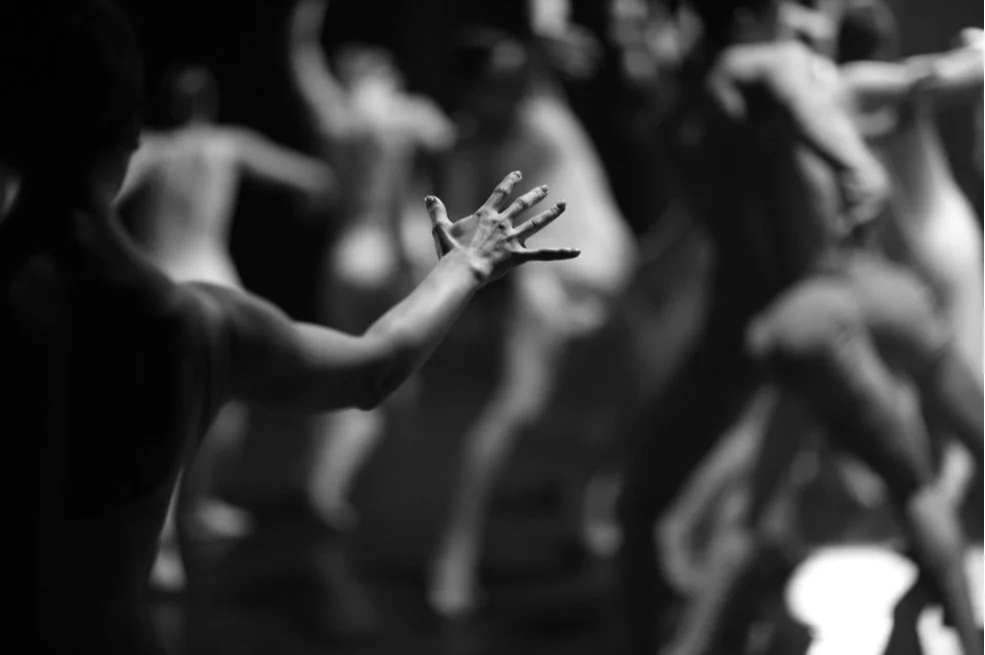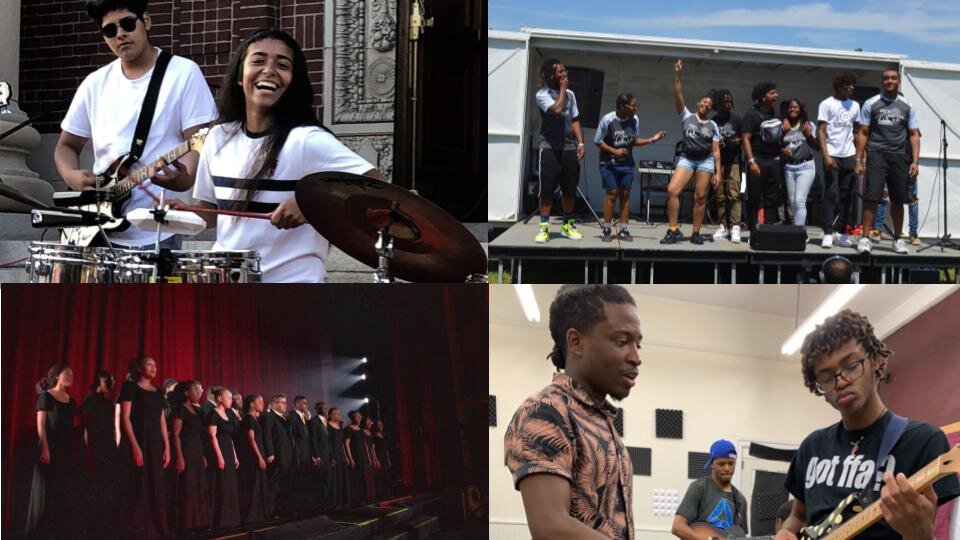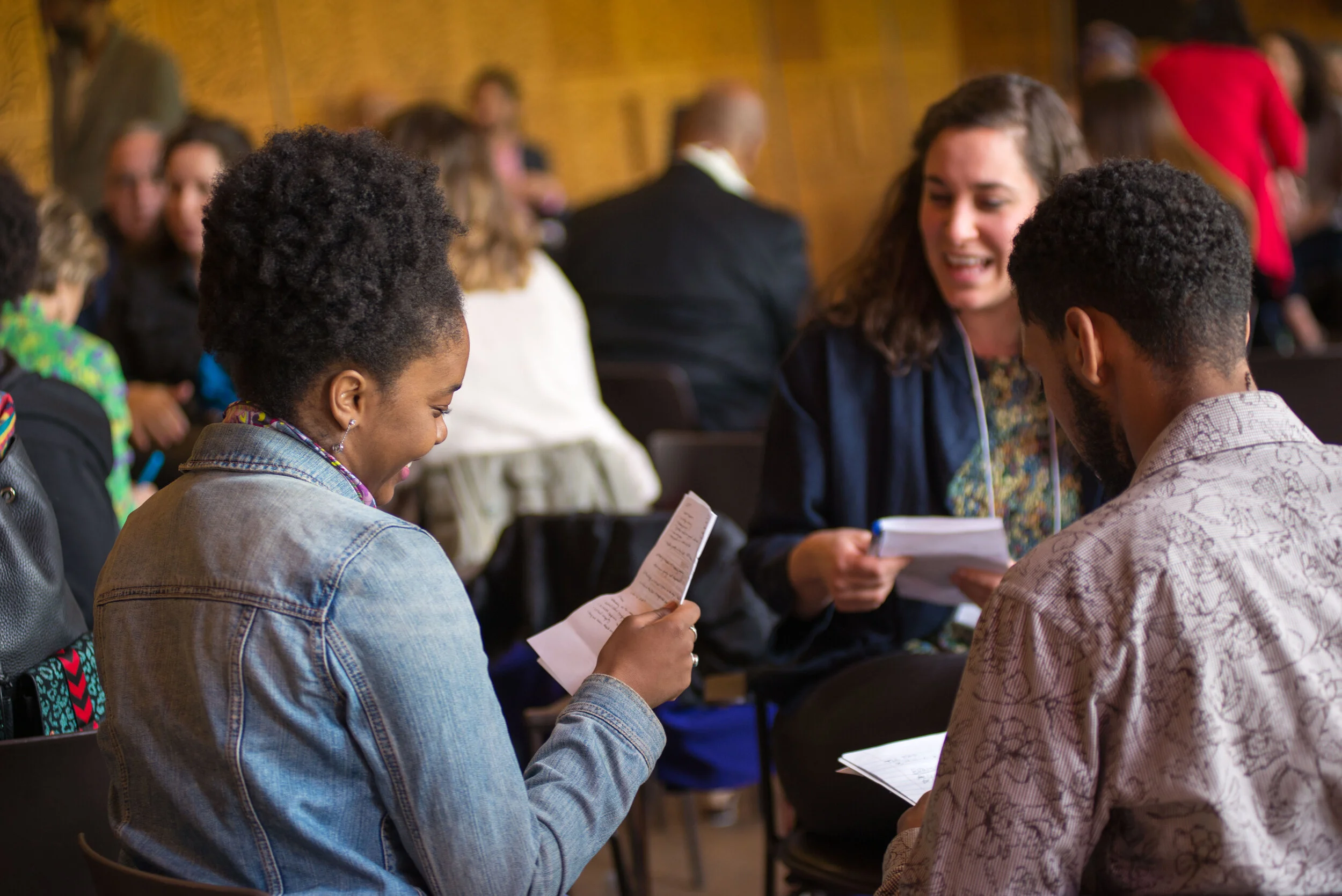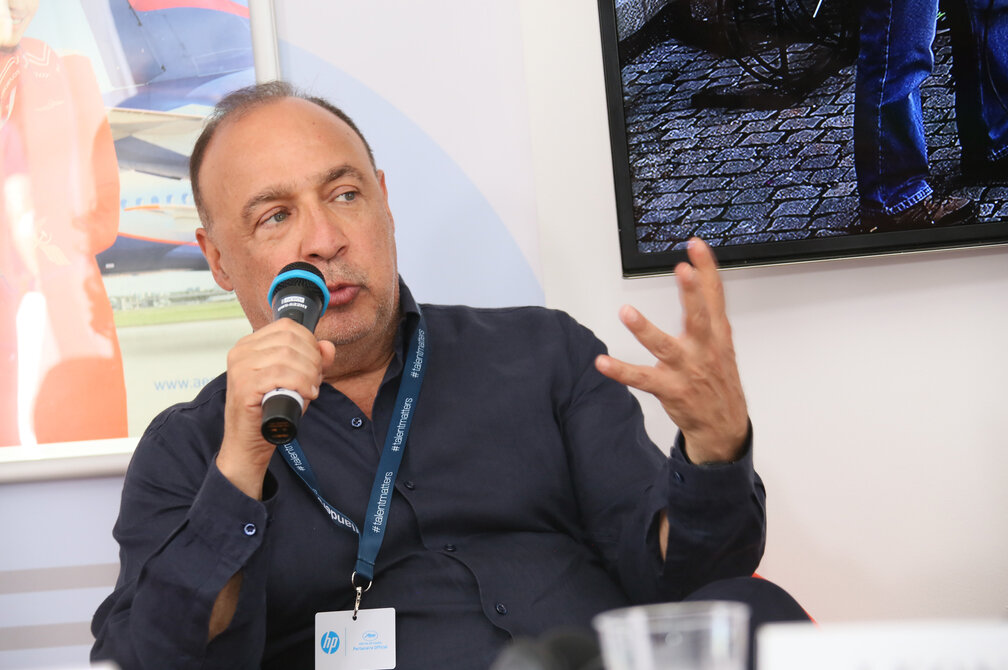Holistic Support: An Ambitious Plan to Boost Diversity in American Orchestras
/photo: mnimage/shutterstock
When Elizabeth Alexander took the helm at the Andrew W. Mellon Foundation earlier this year, she told the Chronicle of Philanthropy that she didn't envision making "any immediate changes" to Mellon’s grantmaking strategy.
True to form, the foundation recently announced a four-year, $1.8 million grant to support the National Alliance for Audition Support, an initiative focused on helping more African-American and Hispanic musicians audition for and land orchestra jobs. Created by the Sphinx Organization, the New World Symphony, and the League of American Orchestras (LAO), the alliance will train musicians for auditions, pair them with mentors, showcase their work in concerts, and provide travel stipends.
Students of Mellon's philanthropy know that boosting diversity and gender parity across the classical music world was a huge issue for the funder long before Alexander became president.
In 2014, it awarded a grant to the Orpheus Chamber Orchestra to "engage musicians of varying demographic backgrounds." And a year later, I reported on Mellon's support for a fellowship program aimed at developing graduate-level musicians from underrepresented populations and preparing them for the professional orchestra world.
Mellon has accumulated years of valuable experience in this area, and the mechanics of the new alliance reflects a holistic strategy for boosting diversity.
For example, as the New York Times notes, it is not uncommon for hundreds of talented, well-trained candidates to find themselves competing for a single opening. And so in June, the alliance will send 18 string players to Miami to train with the New World Symphony, a renowned orchestral academy, at a three-day intensive course in preparing for auditions.
"There's a good bit of that that's musical training, but there's also psychological training," said Howard Herring, the president of New World, who said that the players would all sit through mock auditions that seek to replicate real ones.
Alliance partners represent a "who's who" of innovative organizations working to make classical music more accessible to traditionally underrepresented demographics. In turn, making headway on that goal is seen as critical if such music is to have a robust future in a fast changing America.
The League of American Orchestras has previously used Mellon grants to pair young composers with established orchestras through its New Partnerships program. Mellon funding was also behind the orchestra's Music Alive initiative, which supports "collaborative work and immersive experiences" for composers, orchestra musicians and community members.
President Jesse Rosen told the Times that diversity has become one of the orchestra's main issues. As an alliance member, the LAO will convene and mobilize its 700 member orchestras, which will provide funding, mentoring and guidance for the musicians. The league will also serve as the communications lead for the project, and collect and disseminate research and data.
The New World Symphony will provide expertise and access to its workshops, artist development resources, and online assets, as well as help recruit musicians for the program.
And the Detroit-based Sphinx Organization will act as the lead program administrator, exercise fiscal oversight, and offer "audition previews" enabling orchestras to familiarize themselves with the talent pool. Afa S. Dworkin, Sphinx's president and artistic director, said it is a "critical time for all of us to act with renewed commitment and drive to help our orchestras to be more reflective of their communities."
Recent data suggests that there is much work to be done. According to the LAO, the percentage of African-Americans in American orchestras has remained at about 1.8 percent from 2002-2014, while the percentage of Latinos increased from 1.8 percent to 2.5 percent.
The National Alliance for Audition Support, however, provides grounds for cautious optimism.
After all, it's bankrolled by Mellon. With assets of over $6 billion, Mellon is a dominant force in arts philanthropy—but also, according to some observers, something of a sleeping (or sleepy) giant. Which is why there's a lot of excitement around the foundation's new president, Elizabeth Alexander. Throughout her professional career, she has been closely aligned with the idea that arts and cultural grantmaking can advance social justice. Alexander told the Chronicle of Philanthropy that the arts and humanities, when done right, can effectively drive "profound systems change."
"What voices haven’t we heard? What brilliance has been marginalized or neglected?" she asked. "Once that’s been identified, we’re sharing it. That’s a social-justice orientation."
Bottom line? Mellon has been promoting orchestral diversity for years. But its support for the alliance's holistic efforts to address the root causes behind the field's racial disparities finds the foundation significantly stepping up its game at a moment of rising expectations around the institution.







